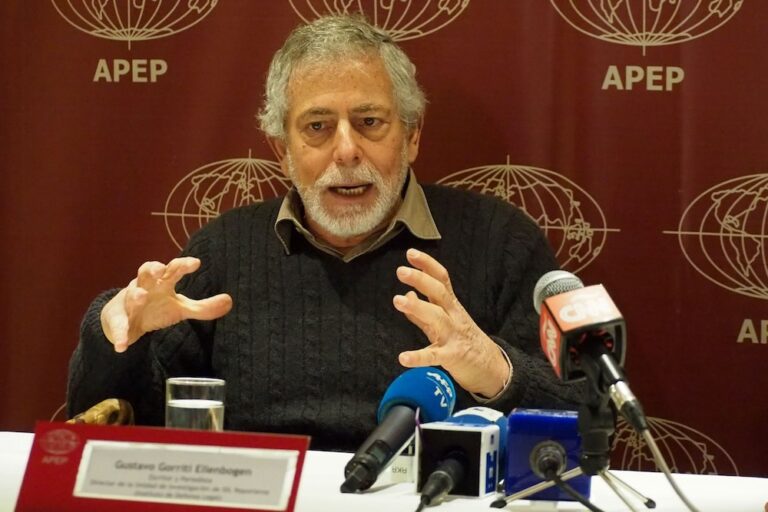(IPYS/IFEX) – On 7 March 2001, the Office of the Ombudsman filed a complaint with the Constitutional Court, arguing that the second paragraph of Article 191 of the Elections Law was unconstitutional because it hinders the rights to information and expression, as recognised by the constitution and human rights treaties ratified by Peru. The regulation […]
(IPYS/IFEX) – On 7 March 2001, the Office of the Ombudsman filed a complaint with the Constitutional Court, arguing that the second paragraph of Article 191 of the Elections Law was unconstitutional because it hinders the rights to information and expression, as recognised by the constitution and human rights treaties ratified by Peru.
The regulation in question stipulates that on election day projections of the electoral results based on a sample of the polls can only be published after the results of the National Electoral Office’s (Oficina Nacional de Procesos Electorales, ONPE) preliminary count are published, or after 10:00 p.m. (local time), whichever comes first.
In his submission, Ombudsman Walter Albán Peralta notes that this regulation negatively impacts on the basic precepts of freedom of expression and the right to information as recognised by Article 2, subsection 4 of the Constitution. In the ombudsman’s opinion, the publication of projected results immediately following the closure of the polls does not impact on the electoral process, the electoral bodies’ credibility or the accuracy of electoral results. On the contrary, preventing such information from being published results in a state of uncertainty, incompatible with the transparency and legitimacy which should be emblematic of the electoral process.
This “silencing of information” measure was adopted by Congress in November 2000, following the circumstances surrounding the 9 April vote. However, it should be noted that the problems which plagued the 2000 general elections were due to a questionable electoral process and deep political polarisation, and not a result of the publication of projected results.
The Office of the Ombudsman has asked the Constitutional Court to act swiftly and pronounce a sentence, removing the regulation in question from the country’s law books before the day of the elections.


